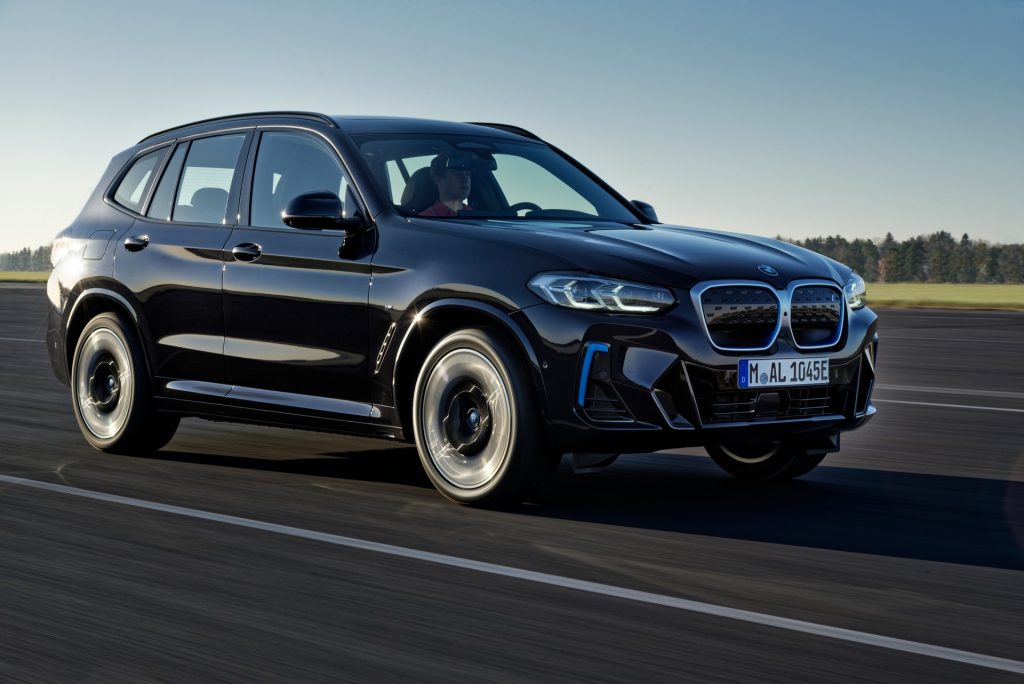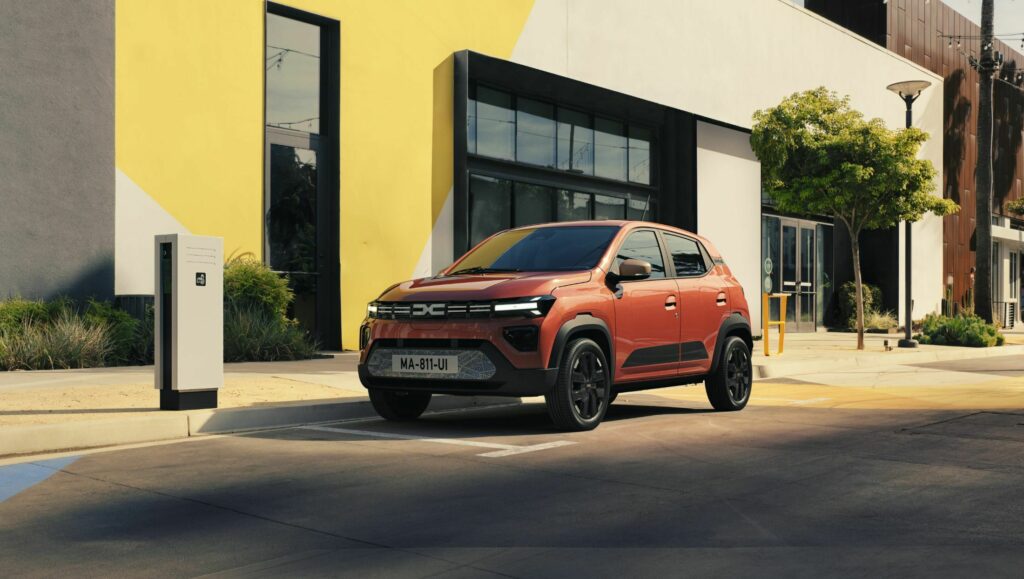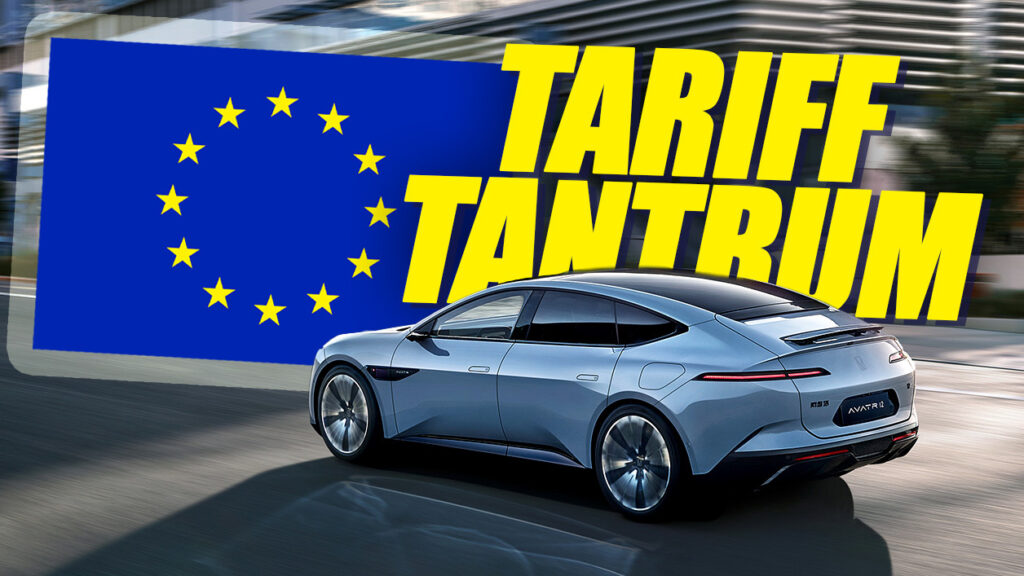- The EU is poised to announce tariffs targeting Chinese-made EVs this week.
- European automakers, including BMW, Volkswagen, and Mercedes, have opposed the move.
- The reason is that they are concerned about retaliation from Beijing, which will hurt their sales.
The European Union is set to finalize its plans on tackling low-cost Chinese electric vehicles this week. Like the U.S., the EU has expressed concern over how China is able to price EVs, suggesting that excessive subsidies have led to cars that can be offered at artificially low costs.
The move comes after similar action from the U.S., with the White House quadrupling tariffs applied to Chinese EVs last month, with duties raised from 25 percent to 100 percent. However, despite European leaders expressing concern over the impact that the influx of low-cost Chinese EVs could have on local industry, support for tariffs from European automakers is absent.
Read: China May Slap Imported Cars With Added Duties
European automakers are heavily dependent on China for sales, and they risk retaliatory action from Beijing. China’s Chamber of Commerce to the EU has already warned that the nation is considering raising tariffs on imported cars if increased EU duties were to take effect.
Additionally, China is an important manufacturing hub for many European automakers. Cars like the BMW iX3, Citroen C5 X, and Dacia Sping are all examples of European cars made in China that could be impacted by proposed tariffs.

HSBC estimates that German carmakers obtain 20–23 percent of their profits from Chinese vehicle sales, while executives at BMW, Mercedes, and Volkswagen have all warned against the imposition of tariffs.
BMW’s CEO, Oliver Zipse, told investors that he didn’t believe the industry needed protectionism and that by engaging in trade battles, “you could very quickly shoot yourself in the foot.” VW’s chief, Oliver Blume, was similarly wary of tariffs, saying that the risk of retaliation was “potentially dangerous.” And Carlos Tavares, head of Stellantis, described the potential duties on Chinese EVs as “a major trap for countries that go down that path.”
However, the EU’s measures are unlikely to be as drastic as those applied by the U.S. Currently, tariffs on cars imported from countries outside the EU stand at 10 percent. Analysts expect Chinese EVs to attract a further 10-25 percent.
Matthias Schmidt of Schmidt Automotive Research said that while the U.S.’s increase of duties on Chinese EVs to 100 percent was “pure protectionism,” the EU’s response will be more proportionate. Speaking to BBC News, he said: “If the EU imposes tariffs of no more than 25%, it will be more about leveling the playing field and evening out the 30% cost advantage Chinese manufacturers have.”





